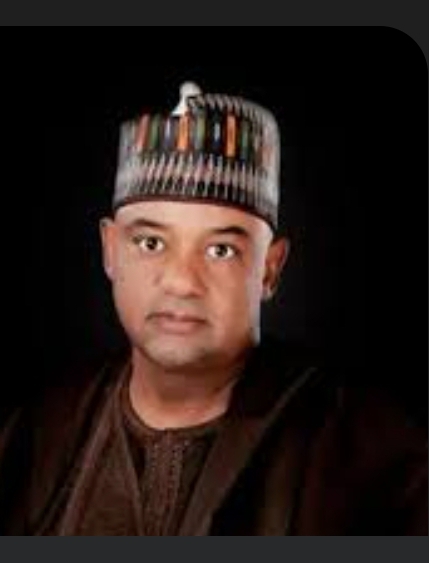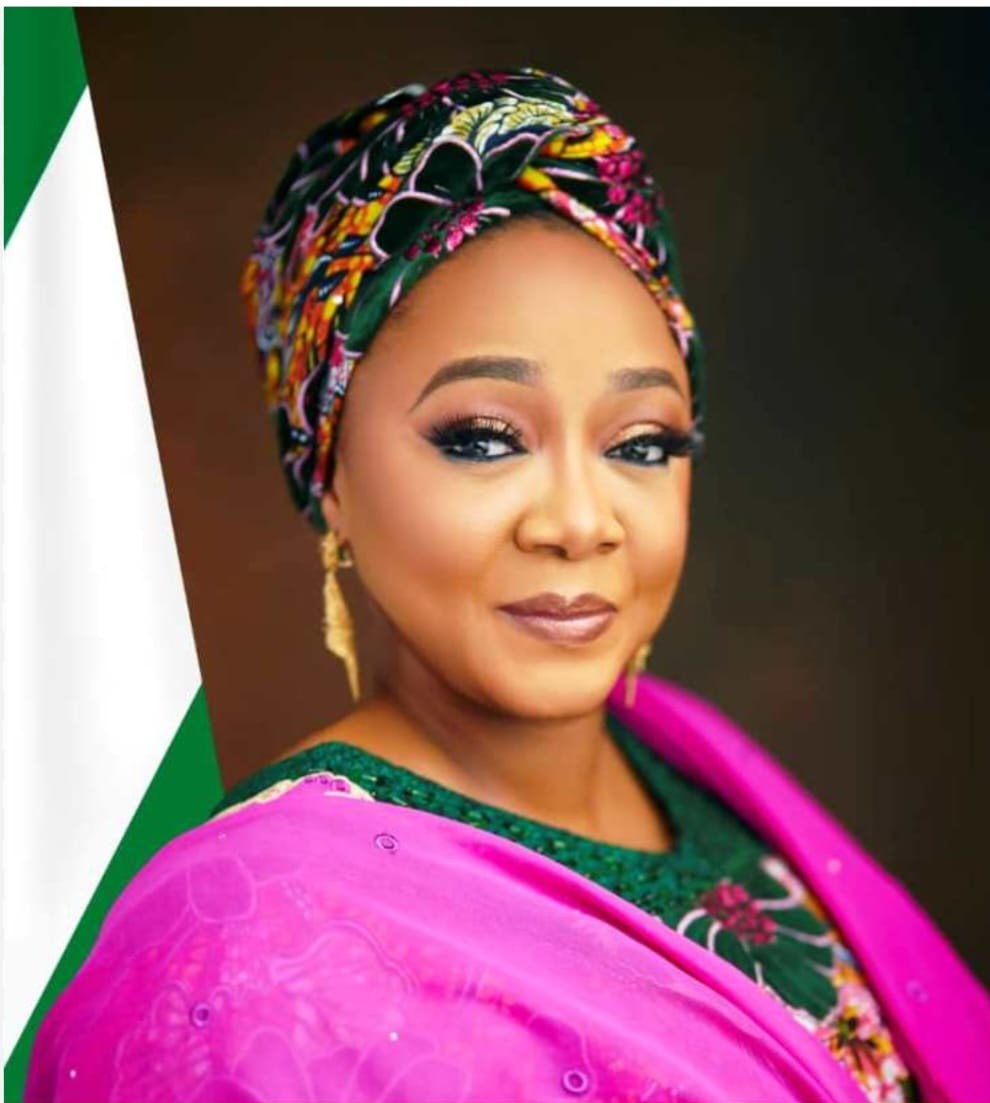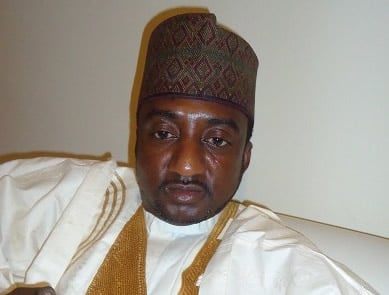The inaugural lecture of the African Institute for Statecraft International (AISI) in Abuja yesterday turned into a powerful call for Nigeria to reinvent its political leadership and democratic governance in order to rescue the nation from its deepening crisis of trust, poverty, and disillusionment.
The historic event, themed “Reinventing Political Leadership and Democratic Governance”, brought together political thinkers, party leaders, scholars, policy scientists, and advocates for democratic renewal from across the country.
Acting National Chairman of the Peoples Democratic Party (PDP), Ambassador Umar Damagum, represented by the party’s Deputy National Publicity Secretary, Hon. Ibrahim Abdullahi, said Nigeria’s leadership failure had left citizens in “a state of national shock,” comparable to being betrayed by a lover who promised everything but delivered nothing.
He lamented that governance in the country had deteriorated since 2015, with Nigerians paying the price for poor leadership recruitment, lack of preparation, and the absence of capacity building in the public service.
“Our civil service alone numbers close to five million personnel across federal and state levels, yet most have not received any form of retraining since employment. How then can they drive responsive governance in a 21st-century economy? The president or governor cannot do everything. The burden of execution lies at the lower levels, and when unprepared, failure is inevitable,” Damagum said.
He stressed that political leadership must be understood beyond presidents, governors, or party leaders, noting that institutional capacity and disciplined governance structures were the bedrock of democratic development.
The PDP leader declared that the party, which he described as the “only political institution consistently committed to democracy in Nigeria,” was determined to reclaim power in 2027 and restore hope to citizens. He reminded participants of a time when the basics of life were affordable and urged Nigerians to rally behind AISI’s vision of nurturing a new generation of leaders through research, training, and policy innovation.
“Institutions like the African Institute for Statecraft International challenge us to refine our policies, strengthen democracy, and reimagine leadership not as privilege, but responsibility,” he said.
Chief Olabode George, represented by Hon. Dare Adeleke, PDP Chairman in Ekiti State, warned against what he described as “personality-driven governance” that sidelines principles of equity, accountability, and discipline.
He criticised the culture of sycophancy that, according to him, has replaced serious policy debate in Nigeria’s politics. “When leaders borrow trillions without accountability and citizens choose to celebrate personalities rather than interrogate governance failures, the nation drifts into systematic destruction,” he said.
George insisted that Nigeria’s democracy could only be redeemed if citizens embraced discipline, demanded accountability, and refused to normalise failure. “America did not become a world leader overnight; it was discipline. Until we restore discipline in governance and society, we cannot move forward,” he added.
Also speaking, PDP chieftain and political analyst, Chief Segun Sowunmi, warned that Nigeria’s democracy was facing an existential crisis. He expressed concern over dwindling voter participation, rising ethnic division, and a population explosion that, if unchecked, could overwhelm governance structures within a generation.
“In 2023, 93 million Nigerians registered to vote, but less than 25 million participated. That is a crisis of confidence. Citizens have lost faith in the process because elections have become violent, manipulated, and unworthy of their trust. Why would any decent citizen risk being macheted just to cast a ballot?” Sowunmi asked.
He further lamented the absence of succession planning in Nigerian politics, which he said has left the nation trapped in mediocrity. “Ironically, those we all agree are not doing well are the most prepared for leadership, while the rest of us criticise without building credible alternatives,” he observed.
Sowunmi, who described the situation as dangerous, urged the political elite to urgently restore faith in democracy by ensuring inclusivity, justice, and leadership mentorship. “Our problem is bigger than we admit. Unless we reinvent political leadership and democratic governance, Nigeria’s future will be dominated by disillusionment, mass emigration, and internal conflict,” he said.
The host and Chief Executive Officer of AISI, Adai Edwin Adai, was hailed by participants for establishing the institute as a platform to nurture new thinking around governance and leadership.
Damagum congratulated him, describing the institute as “a ranging room of history where we begin to reimagine leadership and manufacture the Nigeria of our dreams.”
With Nigeria’s governance failures glaring, speakers at the AISI inaugural lecture were unanimous that reinventing leadership must go beyond rhetoric. They called for a systematic approach to training, accountability, and democratic consolidation, warning that unless urgent reforms are embraced, Nigeria risks sliding further into poverty, instability, and disunity.
For many in attendance, the event was not just an academic exercise but the beginning of a bold journey to reclaim Nigeria’s future from the failures of the past.





